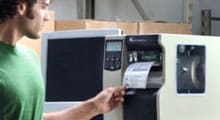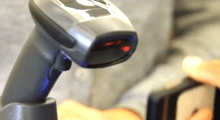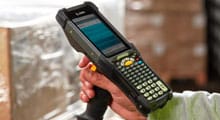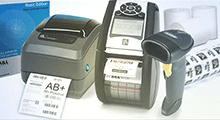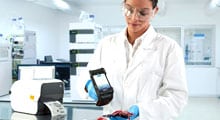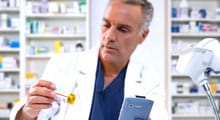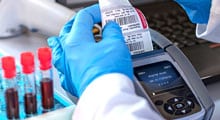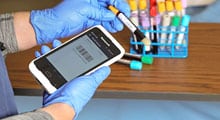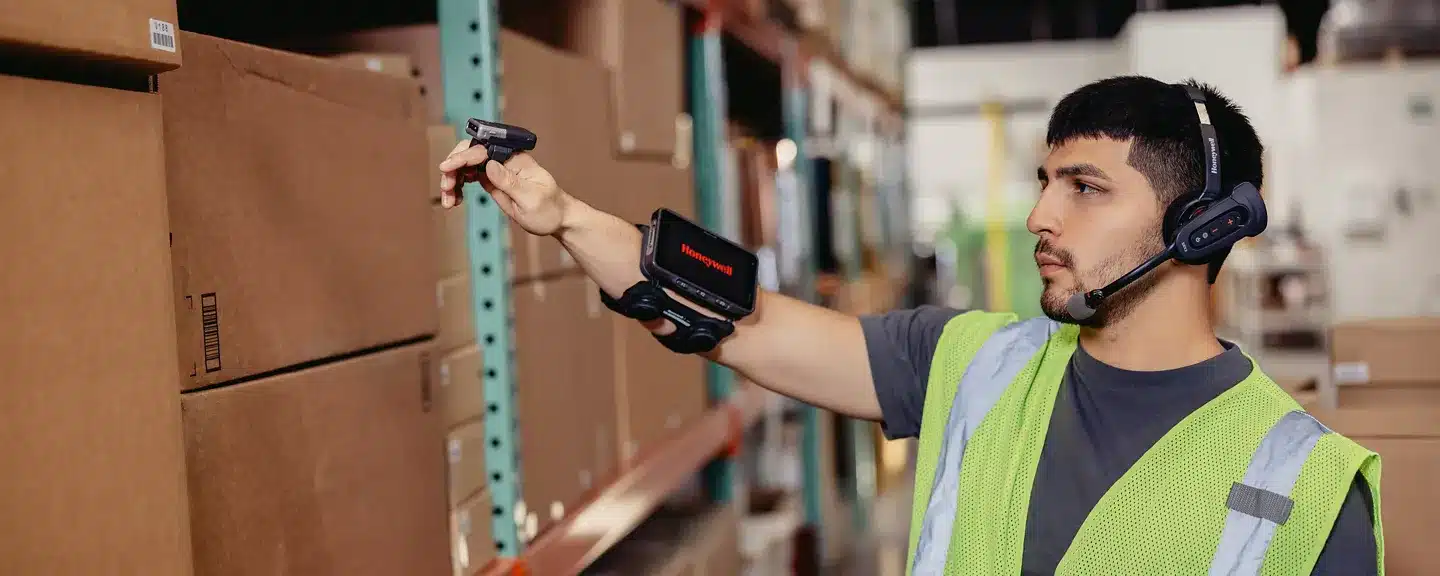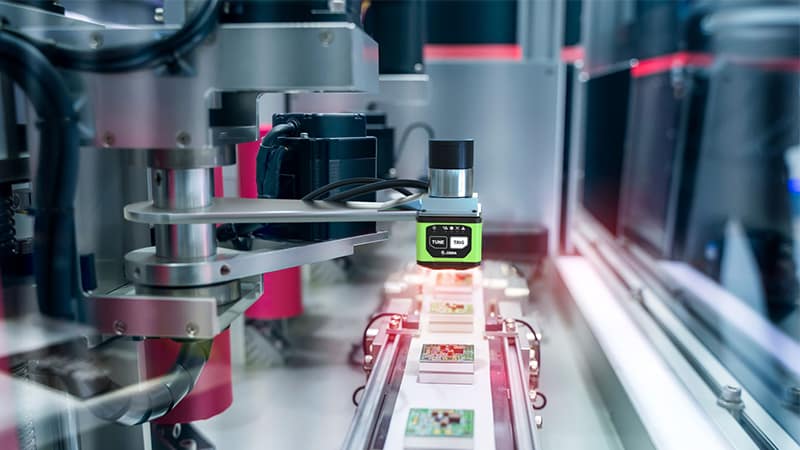Aging populations, staff shortages and rising costs are placing enormous pressure on healthcare institutions, doctors, workers, patients and communities to deliver improved patient outcomes. As expectations, needs and demands increase, healthcare providers are stretched thin to meet these challenges with traditional methods and technologies. Thankfully, technology has evolved to provide better healthcare solutions for communication and collaboration, allowing caregivers to spend more time with patients. Hospitals are increasingly taking advantage of clinical mobility technologies to deliver better patient outcomes and improve staff communication.
1. Improved Patient Outcomes
One of the biggest benefits of clinical mobility is the reduction of medical errors. According to Zebra Technology’s hospital vision study, 61 percent of hospitals reported a reduction in medication administration errors, and 52 percent cited decreased specimen collection labeling errors as a result of implementing clinical mobility, which is positively affecting patient care.
Clinical mobility devices communicate with digital health records to serve as a single, secure data capture tool that can track and monitor every touch point along the patient’s journey in real time.
Implementing healthcare solutions help providers facilitate:
- Positive patient identification
- Remote patient monitoring and patient tracking
- Increased visibility for hospital doctors and nurses to make the best medical decisions possible
- 100 percent accurate specimen tracking
- Expanded use of real-time location systems to track the location of equipment, supplies, pharmaceuticals, patients and staff
2. Inter-Connected Communications
According to The Joint Commission, 70 percent of medical errors are attributable to communication breakdowns. By integrating modern clinical mobility into daily operations, hospitals can not only improve staff communication, but also access medical records in real-time and speed up the availability of lab results, among other benefits.
Clinical mobility helps caregivers eliminate communication delays. It can take minutes to page a doctor and receive a return call—time the patient may not have. Products like the Zebra TC51-HC provide immediate and direct two-way voice and text instant communications. With no middleman to relay a message, connection is direct, secure and reliable. Additionally, the push-to-talk functionality turns the mobile device into a walkie-talkie for instant, always on communication.
3. Demand for Modernized Infrastructure
The aging healthcare technology infrastructure needs to be modernized. According to Zebra’s hospital vision study, 60 percent of IT executives conceded that gaps in infrastructure are hindering hospitals’ abilities to implement new healthcare solutions.
This data suggests that when implementing clinical mobility, IT leaders need to invest in the proper infrastructure, such as nurse call systems, VoIP and wireless local area networks (WLANs) for seamless communication.
For clinical mobility to work, several obstacles must be tackled in relationship to both IT managers and the patient care delivery team:
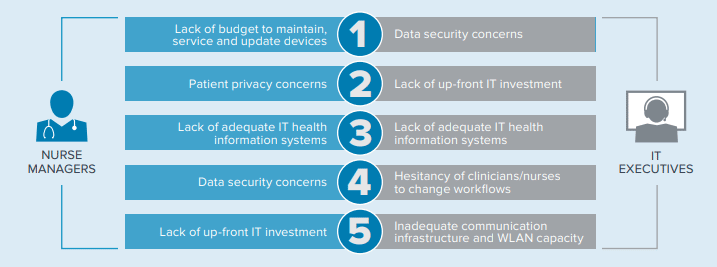
Conclusion
Patients experience the benefits of modern technology in their work and personal lives, and expect similar experiences in their health care. When considering clinical mobility as a healthcare solution, organizations need to consider the needs and expectations of today’s smartphone tethered, ever connected patients.
Patients are increasingly taking advantage of services like telehealth to help limit the number of hospital visits and use wearables to track health metrics, which many patients are willing to share with clinicians.
As costs escalate along with patient expectations and societal needs, clinical mobility will improve patient outcomes, streamline workflows and reduce medical errors that result from miscommunication and other factors.
And, investment in healthcare solutions like clinical mobility will help save lives, cut costs, reduce stress and improve the organization’s bottom line.
Talk with a Peak Technologies healthcare specialist to learn more about what clinical mobility can do for you.








